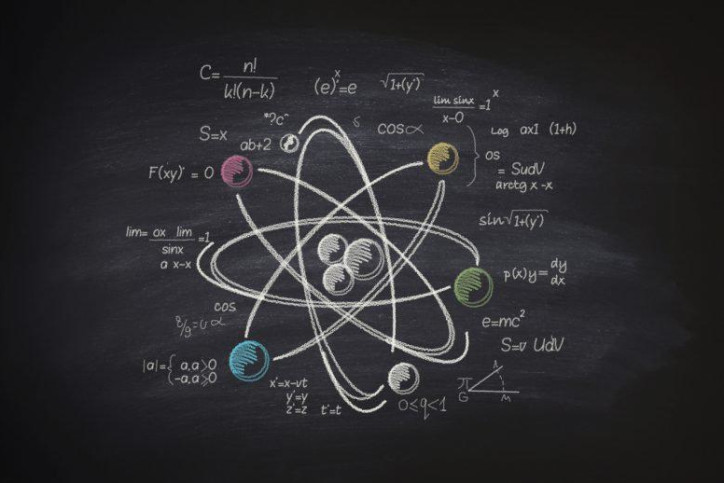What Does a Physicist Study?

A physicist studies the laws and principles of physics. This includes energy, the mechanical properties of waves, and the origin, evolution, and current state of the Earth. In addition, physicists study the nature of space, matter, and the properties of matter. In short, they study the way everything works. They also study how things work, so you could work in the space industry or in research labs.
Physicists study the laws and principles of physics
Physicists work to understand how physical systems interact and to discover what causes them. They attempt to explain these interactions with the most general and fundamental laws possible. For instance, James Clerk Maxwell developed a simple theory of electricity and electromagnetic fields called Maxwell’s Equations. These principles explain a wide range of phenomena, from how objects move to how light bounces off surfaces. Physicists also study how things move and stick to surfaces.
A fundamental law of physics is the equivalence of forces. This principle states that gravitational force and inertial force are equivalent. This means that one cannot be independent of the other. It is also important to keep in mind that gravity is a constant force, while inertial forces are temporary. Physicists also study electromagnetic fields. This field of science is very broad, and there are many fields within it.
They study energy
Physicists are scientists who study the interactions between matter and energy. They study the properties of various objects and use this knowledge to make discoveries. In many different industries, physicists help develop new types of cars, airplanes, and spacecraft. Many physicists earn postgraduate degrees in their chosen field. Listed below are some examples of careers for physicists.
Physicists often have broad educational backgrounds and have helped to create fields outside of physics. Because they work with energy, physicists are required to have strong mathematics skills, but their backgrounds are valuable assets in a variety of other fields. While many physicists spend seven years preparing for their careers, it is rare to find those that quit. Physicists often start out as team members and then move up the ranks. As they gain experience, they are responsible for the development of new projects and the operation of existing projects. Additionally, they must raise funds to support their research.
They study the mechanical properties of waves
There are seven types of waves, each of which can carry energy and matter. These waves also can travel through a vacuum. A wave’s frequency is the number of full wave cycles per second; the higher the frequency, the faster the wave will travel. Conversely, a lower frequency means that it will travel slower. Physicists study the mechanical properties of waves to understand how different objects behave when they encounter them.
Waves can be transverse or longitudinal, and their direction depends on their oscillations. Transverse waves travel in one direction, while longitudinal waves travel in the opposite direction. Hence, engineers study the mechanical properties of waves to understand how they operate. These waves also have several different names, such as sound and water waves. A student who is studying waves can learn about all of them. However, the most common types are electromagnetic and gravitational waves.
They study the origin, evolution, and current state of the Earth
Physicists study the structure, composition, evolution, and current condition of Earth. These scientists study the earth’s processes, materials, and climate to improve human lives. The science of the Earth is vital for our survival as a growing world population continues to consume resources and release pollutants. The study of Earth materials and processes is important for sustaining human life, since these materials are the basis of our planet’s resources.
The field of physics is an extremely broad one, with applications in numerous fields, including astronomy and biology. Its fundamental goal is to make sense of the universe and explain its basic phenomena. Its findings can be used to better understand all other disciplines, from mathematics to the environment. It is a branch of the physical sciences that has profound implications for the environmental sciences.




Leave a Reply